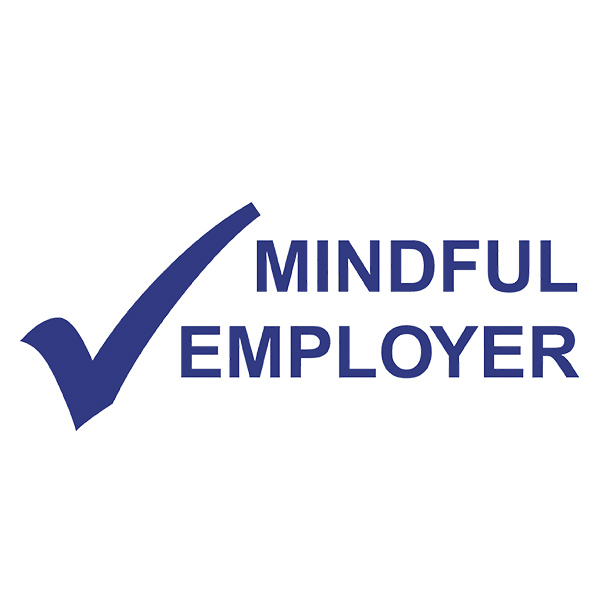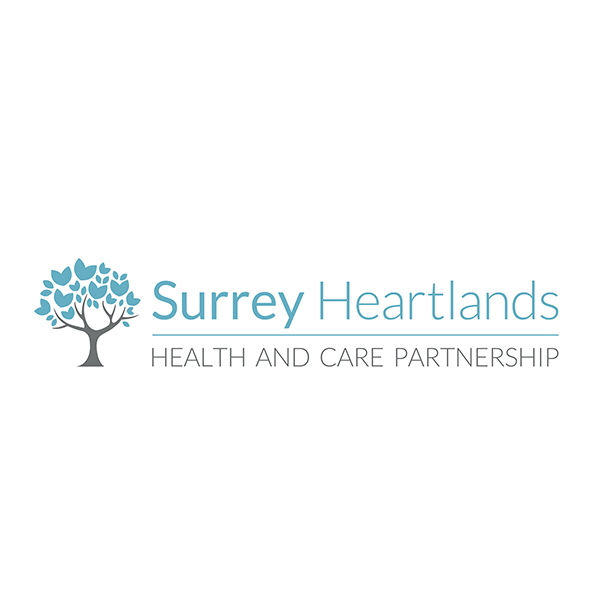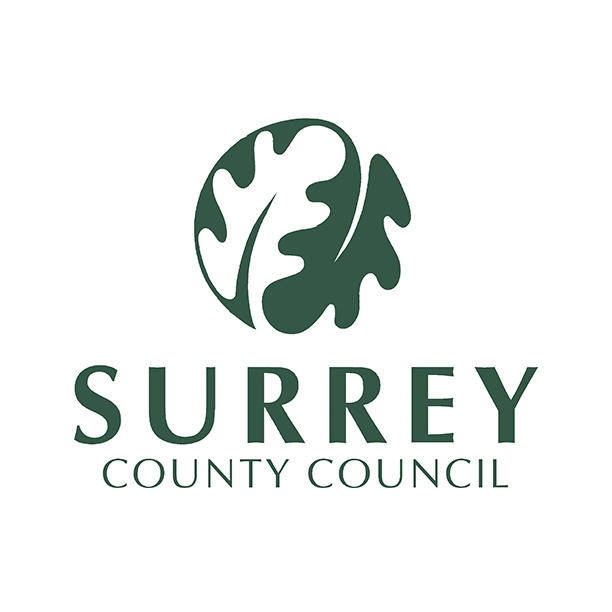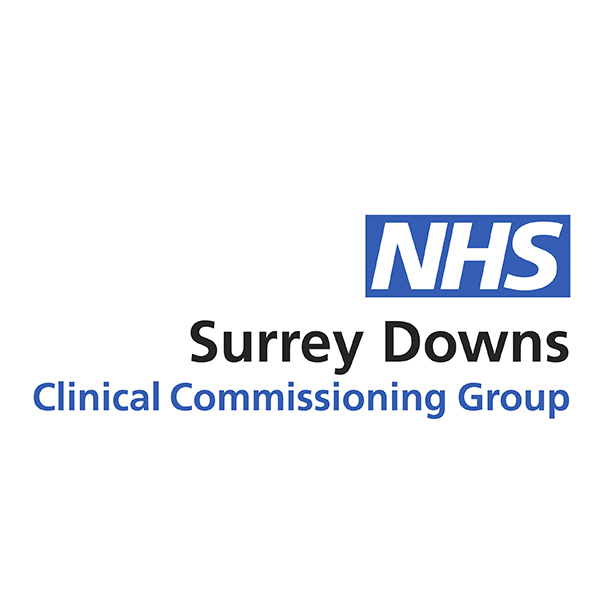-
Leondres’ Story: What Getting Diagnosed With ADHD Meant To Me
For Neurodiversity Celebration Week, we wanted to raise awareness of Attention Deficit Hyperactivity Disorder (ADHD) and asked Leondres, our Lived Experience Recovery & Connect Worker, to share his story.

-
Neurodiversity Celebration Week (18-25 March 2024) is a worldwide initiative that celebrates the strengths and talents of people with neurological differences as well as challenges stereotypes and misconceptions.
Neurodiversity refers to the different ways the brain can work, interpret and process information. Approximately 15-20% of the population has a neurological difference. Neurodivergence is often used as an umbrella term to include Dyslexia, Dyspraxia, Dyscalculia, Autism, ADHD, Tourette Syndrome.
Most people are neurotypical, meaning that the brain functions and processes information in similar ways to most of the population. Often our environment and systems are designed for neurotypical people and therefore how neurodivergent people interact with them daily can be challenging.
In this blog, we focus on Attention Deficit Hyperactivity Disorder (ADHD) through Leondres’ story who tells us about the relief he felt when he finally got diagnosed after years of self doubt and low self-esteem. He mentions how the condition has impacted his mental health over the years, how he is managing his symptoms and how he uses this experience in his role as our Lived Experience Recovery and Connect Worker to support others.
Leondres writes:
“Growing up I didn’t know I had ADHD, nobody did. Back then a lot of parents didn’t know about ADHD and weren’t encouraged to look for answers when their children were having difficulties. They just accepted the situation for what it was, and supported their kids as best they could. Through school I was often told “if only you could focus, stop talking to your classmates and getting distracted, you could do a lot better”. “You have so much potential, but you get distracted and then distract others.”
ADHD often gets labelled as a disorder that makes you badly behaved, naughty, bored in school. This is not the case, at least for me. ADHD makes me overstimulated, I’m hearing every single thing around me, I’m seeing a leaf fly by the window, hearing the chairs creak. Trying to zone in on just the teacher talking feels impossible. I felt like I was dumb, ten steps behind everyone in my class, struggling to just keep my head above water.
High school and college were the same for me, I felt like I was searching for a reason as to why I was struggling to keep up with my peers. I often felt like my brain was going 100mph, but what I didn’t realise is not everyone’s brain did that.
University I felt wasn’t an option for me, and my parents didn’t push me to go, they could see that education didn’t come naturally to me, at least the academic subjects. Art however, I loved! I studied Art and Design Textiles at high school, and I got a B! it was the highest grade I got, and I was so proud of myself. I realised that I wasn’t bad at all subjects, and the ones that I was interested in, I could sit and work on them for hours and hours.
ADHD often causes me to interrupt people when they’re talking, struggling to wait my turn in games, even boring games! It’s not something that I can help, and it makes me feel very self-conscious. It can come off like I don’t care what you have to say, or that maybe I think what I have to say is more important. But that’s not the case at all, it’s just how my brain works, I can’t hold it in. it’s like having 20 people in your head talking at once, and they’re all talking so fast. When I talk with friends, I’ll often jump from one thing to another, and they can often struggle to keep up.
Through the pandemic, I started seriously thinking about if I had ADHD or not. My partner at the time agreed that I may have it, as they knew me very well. We looked online for ADHD free quizzes to see if it was worth looking into getting a diagnosis. Shock! I scored very very high, and we both laughed about it! It seemed so obvious at that point; I wondered why I hadn’t realised before.
Getting diagnosed was a long and emotional process. I phoned my GP in October of 2021, after three assessments, it was finished in June of 2022!
After assessing me, they stated that believed I may have Autism as well, from the struggles I had with sensory issues e.g sound and keeping friends, especially in high school, as it’s very common with Autistic people. Autism and ADHD symptoms often overlap, and I wasn’t surprised by this, as I thought I could have been Autistic for a while.
ADHD is often diagnosed alongside other conditions, such as Autism, Obsessive Compulsive Disorder (OCD), Dyspraxia, Depression and Anxiety. These are called Comorbid conditions.
Then it was time for the diagnosis, or not! They stated that I did have ADHD, my stomach flipped, and I started crying, a lot! I was asked how I felt, as they could see I was crying.
I said that for all my life I’ve just felt inferior to everyone around me, I felt stupid, dumb, like I was just lazy and didn’t try hard enough. To know that the reason why I struggled so hard was because I had ADHD, that my brain is just wired differently to neurotypical people, was such a relief! That definitive answer was priceless.
After my diagnosis, I was given a letter that went through the findings from the assessments, and two books they recommended. ‘Delivered from Distraction’ and ‘Scattered Minds’. I did buy the first book, but in classic ADHD fashion… I have yet to finish it.
I was offered medication, which I initially was worried about. I felt it could change my personality, the medications are usually stimulants which can be addictive. The person who diagnosed me said something which was simple but highly effective. “You don’t have to try them, but you won’t know if you don’t try, and you can always stop taking them if you don’t like it”. I was also told that if I agreed to try the medication it would be a slow process, and I would be speaking with a consultant about it in-depth before I started any medication.
I liked what they said, because it was true! I had no idea if it was actually going to help or not, and if it did, great! If it didn’t help me, then I’d stop.
I mentioned my concerns with the stimulants being addictive, as there is addiction in my family history, and I have an addictive personality. I didn’t know this but I was told that there’s non-stimulant ADHD medications out there! So, we talked about it all, and I decided to try it.
Turns out non-stimulants didn’t work for me at all, so I talked to the consultant again, stopped taking those and then decided to try the stimulants.
I started on 20mg, tried 30mg, then I tried both 40mg and 50mg. 40mg was the perfect dose! I was able to sit at a desk, and actually work! I could sit down for over an hour at a time and work and not start talking to other people and getting up for no reason, I wasn’t hearing 20 people in my head talking at 100mph! I wasn’t getting distracted at every little sound!
Don’t get me wrong, I still struggle with my ADHD and medication isn’t the only way to manage this. I still struggle with time awareness, sensory issues, forgetting things, interrupting people, losing things, etc.
I watched a seminar about the natural ways to manage you ADHD, which touched on breathing, cold water showers, lots of breaks in the workday, diet, exercise and avoiding caffeine. I also watched many videos on YouTube from people who are ADHD and Autistic which was so insightful and made me feel understood.
Mental health is a big factor, and I’ve struggled with my mental health for as long as I can remember. I have accessed therapy several times in my life, which have been invaluable experiences that I will keep with me forever. I have also done art therapy which was a new experience, but I liked it! I have always liked art, and I feel it really helps me when I’m feeling overly anxious or depressed. One thing I always say is you don’t have to be “good” at art to enjoy it, art is subjective and as long as you have fun, who cares?
My dog is a massive wellbeing tool for me, they love you unconditionally, no words are needed, they will always be there for you and they always seem to know when you need an extra long cuddle.
Even before I was diagnosed, I knew I wanted to help people in whatever form that took. Being able to work for MFT and support people with their struggles with mental health, and using my lived experience to help relate to them is just an amazing experience. Being neurodivergent has defiantly made me more understanding of other peoples struggles, and it helps me sympathise and support people better.
What I have realised is that it’s so important that I surround myself with people who understand me and how my ADHD makes me who I am. My friends all accept me for who I am, and I accept them. I’m open about my disabilities because it’s not something to be ashamed of, it’s part of me, and I’m proud of it! I’ve found that noise cancelling headphones and stim toys to be life changing. I’m just as open at work with my disability, so I can make sure I’m getting the right support to do my job as best I can, and that my work know exactly how to support me in the best way possible.”
What is ADHD?
Attention deficit hyperactivity disorder (ADHD) is a condition that affects people’s behaviour. People with ADHD can seem restless, may have trouble concentrating and may act on impulse.
For more information about ADHD, please visit the ADHD UK’s website.
Want to write a blog for us?
If you’d like to share your mental health journey with us via a blog, a video, a poem, a song – whatever form speaks to you most – please contact Connie, Communications Lead, at connie@maryfrancestrust.org.uk or 01372 375400. Please note we do not accept submissions from professional bloggers – our platform is reserved to our clients, volunteers, staff and supporters.
Share






